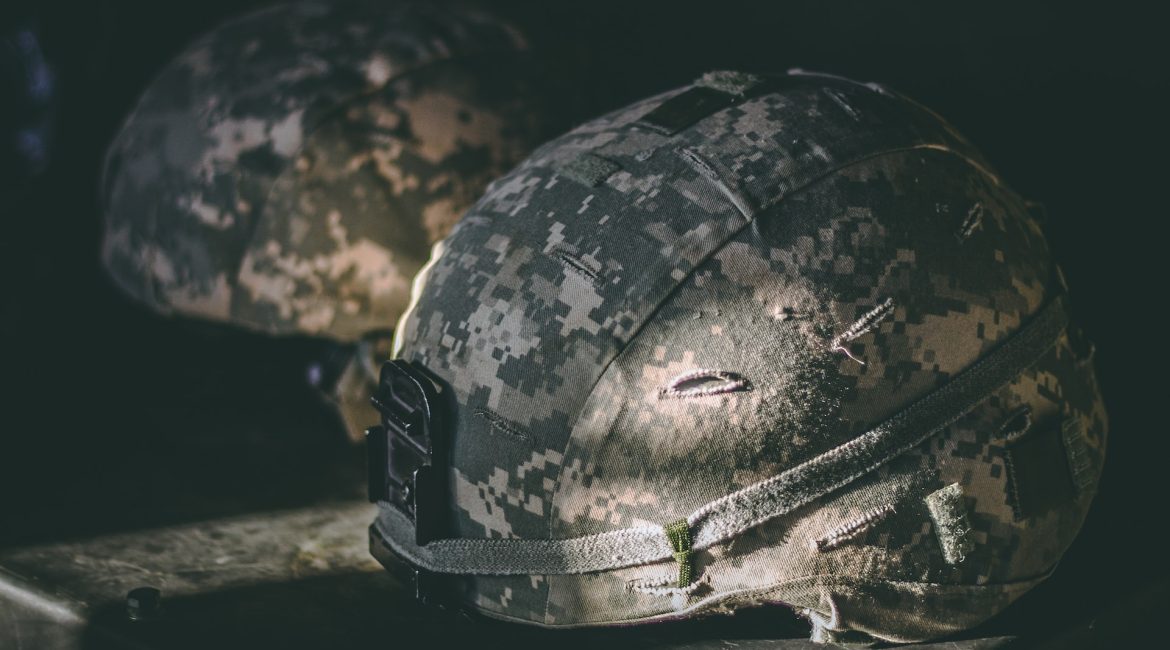Despite significant strides in LGBTQ+ rights and the repeal of “don’t ask, don’t tell” a decade ago, LGBTQ+ members of the military and veterans continue to grapple with the repercussions of historical discrimination and ongoing biases. New data analysis underscores the multifaceted hardships faced by these individuals in terms of economic well-being, housing security, and mental health.
Persistent Stigma and Discrimination
At a ceremony during West Point’s Pride Month, Cadet Frankie Rivera highlighted the continuous stigma within military ranks, with LGBTQ+ members facing derogatory remarks and unfair treatment in promotions and positions. The Center for American Progress’s analysis indicates that such discrimination is not just anecdotal but systemic, leading to pronounced economic and social insecurities among LGBTQ+ service members and veterans.
Economic Insecurities on the Rise
The data paints a stark picture: LGBTQ+ service members are nearly four times more likely to experience food insecurity compared to their non-LGBTQ+ counterparts. Financial difficulties extend beyond the realm of basic necessities, with many reporting challenges in managing household expenses. The situation is particularly dire for National Guard and reserve members who have been economically hit by the pandemic’s demands on their service.

Housing Instability and Mental Health Concerns
Beyond financial troubles, LGBTQ+ military personnel often do not live on bases, missing out on the associated benefits and reduced costs of goods and services. The absence from base living, partly due to the now-overturned ban on same-sex couples, significantly affects their economic stability and access to programs like SNAP.
Veterans Bearing the Brunt of DADT
The legacy of “don’t ask, don’t tell” persists, with many veterans who received less-than-honorable discharges due to their sexuality still being denied access to crucial benefits and financial support. The Federal Reserve’s SHED report illustrates that LGBT veterans are more likely to face economic hardships, unable to pay bills and more dependent on assistance programs like SNAP.
A Call for Legislative Action
It is crucial to undertake legislative measures like the adoption of the Equality Act by the U.S. Senate to guarantee protections for LGBTQ+ people in areas including employment, housing, and public spaces. Implementing such laws is regarded as essential in dismantling the entrenched obstacles that continue to cause inequality and vulnerability among LGBTQ+ individuals serving in the military and those who are veterans.
Moving Forward
The analysis not only sheds light on the current state of affairs for LGBTQ+ individuals in the military but also serves as a clarion call for policymakers, military leadership, and society to address and rectify these ingrained issues. The journey towards equality for LGBTQ+ military members and veterans is ongoing, with a clear need for structural change to ensure they receive the support and recognition they deserve.
©loveinclusion.org





